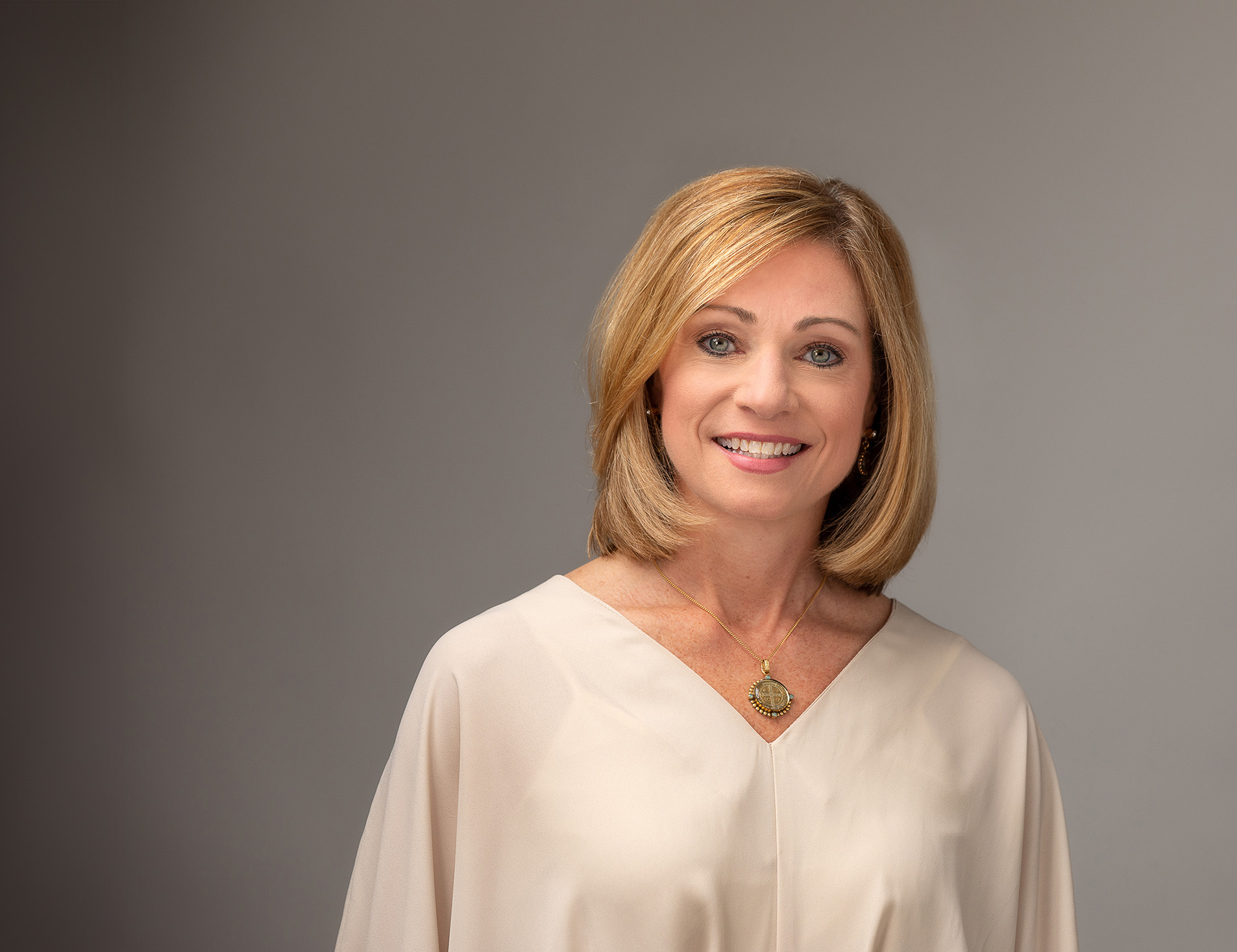We all know that physicians face burnout, and that the past two years have only amplified their stress as doctors struggled to manage patient care in a pandemic while also handling new demands at home. What may surprise you, though, is which medical specialties are most vulnerable to physician burnout and why.
A 2021 Medscape report found that family medicine is one of the five most stressful specialties; meanwhile, a phenomenal 60% of the survey’s 13,000 physician respondents across 29 specialties pointed to administrative and bureaucratic burdens like charting and paperwork as a leading cause of that burnout.
On top of that, physicians are missing the motivation of strong patient relationships, with the same survey citing doctors’ frustration that they have little time for patients, forcing them to forsake the deeper rapports that “used to make it worthwhile.” The combination is worrisome, and — when physician burnout leads to turnover — costly.
According to an analysis by the American Medical Association (AMA) published in Mayo Clinic Proceedings, physician turnover interrupts patient care to the tune of $260 million annually. Other reports have echoed this claim, with some calculating the burden of burnout even higher when combined with the added costs of medical errors and the reduced performance of exhausted, depressed doctors.
Finding Relief Through Value-Based Care
What’s a primary care physician to do? The typical fee-for-service model, with doctors running from patient to patient before facing a daunting amount of paperwork at the end of the day, would drive almost anyone to reconsider their profession. Thankfully, the move toward value-based care solves several of the critical issues behind physician burnout.
Primary care physicians frequently discover that the value-based care model gives them more time for their patients and the opportunity to provide more comprehensive care, too. These strengthened relationships put more meaning back into doctoring, with many practices even able to add services like extensivist health clinics and at-home care that support patients better than ever before.
Dr. Gary Pinta, an internal medicine specialist in Akron, Ohio, and president of the Pioneer Physicians Network, has said that, thanks to agilon’s model that focuses on the quality of care and not volume of fees, “I am able to spend 40 percent more time with my senior patients ensuring a more preventive and holistic approach to their health.” In addition, he notes, “because of the collaboration with agilon health, we have been able to grow our practice, adding 20 physicians and over 20,000 new patients.”
Historically, many value-based care initiatives have actually increased the administrative burden on primary care physicians by necessitating significantly more reporting requirements; in fact, such technologies (specifically EMRs) are among the strongest dissatisfiers for physicians. According to research reported by the Agency for Healthcare Research and Quality, “practices that implemented electronic health records saw an increase in stress as EHR use matured and then a decrease, but stress did not return to the baseline. Additionally, fully mature EHR systems, especially with shorter visits, were associated with physician stress, burnout, and intent to leave the practice.”
However, aglion’s value-based care technology has proven to actually increase practice efficiency while lessening the paperwork that is a leading cause of burnout, essentially taking work off of the physician’s plate. Whether through a new electronic health records platform, optimizing care for individual patients, integrating seamless patient information or introducing technology specific to a new value-based care approach, agilon’s latest digital advances streamline administrative tasks and even provide analytics and insights that improve patient care.
Finally, a support network of like-minded physicians can help ease stress and provide ideas and feedback for how to lessen time-consuming demands. Don’t underestimate the power of feeling part of a community — something stressed physicians need as much as, if not more than, anyone else, and something that’s provided by agilon’s peer network, which includes all primary care physicians we partner with. In fact, many agilon partners — independent, primary care physicians — report finding great strength in peer connections. Dr. Pinta reports that at Pioneer Physicians Network, “our net promoter scores show that 90 percent of our physicians feel professionally satisfied.”
The risks of physician burnout to patients are real, matched only by the risk to doctors, who often face depression and can even feel compelled to leave the profession entirely. Finding ways to reduce the burden of modern physicianhood, and to make caring for patients worthwhile and rewarding, can have a profound benefit on doctors, patients and the healthcare system as a whole. Because at the end of the day, happier physicians means happier and healthier patients.
Contact for media enquiries
[email protected]Up Next.

Blog May 04, 2022 | Article
Mental Health Awareness Month: How to Support Your Patients
Stress and Mental Health It’s no secret that we are a stressed-out population, and the COVID-19...




